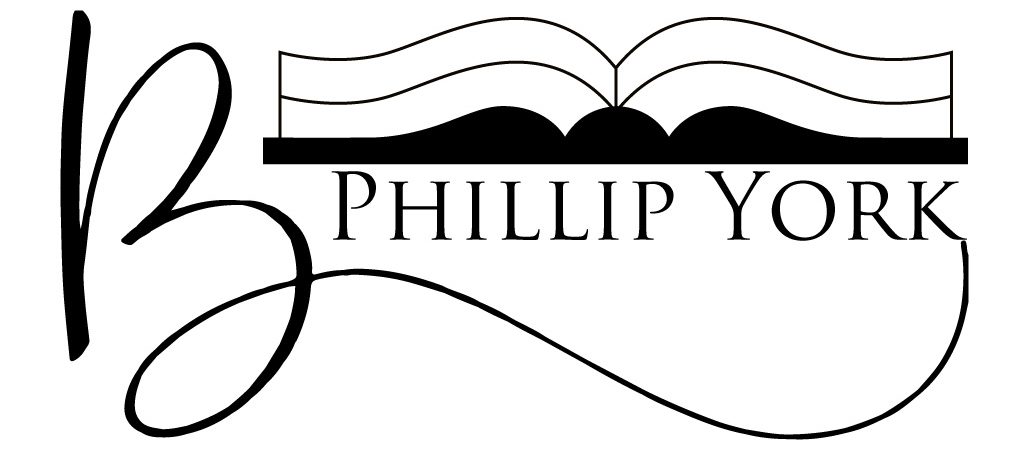Romance, Science Fiction, Mystery, Fantasy, Young Adult, Thriller, Contemporary, Non-Fiction
There are a lot of different genres, and when you boil it down, there are a lot of different sub-genres. You might write fantasy, or you might write dark urban fantasy supernatural romance. The first one covers everything from the Dragons of Pern to Game of Thrones to Alice in Wonderland. Except Anne McCaffrey’s novels actually turned out to be pseudo-science fiction, and in a sense, Alice in Wonderland is really more about math than anything else.
So what are genres, and does it matter?
Primary genres are marketing tools, established by publishers to help them sell books. Many readers are genre readers, voraciously devouring books that all belong to the same genre, or sub-genre, or sub-sub-sub-genre. Other readers will follow one (or more) writers, regardless of how their books are marketed. And in truth most readers probably fall in between the two camps, I know that I try to balance my reading between “those books” (aka books once considered or that would be considered part of the western canon aka important books written by straight white men), genre fiction that I enjoy, and authors whose works I’ve previously enjoyed.
Most the time this means reading a fair amount of science fiction and fantasy, mixed with some other stuff, and from time to time there is confusion as to what exactly is the difference between science fiction and fantasy, and don’t they both fall, broadly, under the umbrella of speculative fiction?
One of the easiest ways to identify genres is the tropes being employed.
Fantasy often includes magic, dragons, and elves, in a medieval setting, like The Black Company. Urban fantasy is generally set in our world but with magic, like Kraken, an Anatomy. Supernatural romance is generally set in our world but with magical beings and someone falls in love with one of them, like Twilight. Dark fantasy engages in fantasy tropes but is somewhat nasty, like The First Law trilogy. Swords and sorcery is generally somewhat more lighthearted and frequently involves a not necessarily heroic protagonist going up against some kind of magic user, who is generally evil – think Conan the Barbarian. Epic fantasies are sweeping stories that usually involve many points of view and take place with powerful magic and secondary worlds and kingdoms, empires, or whole worlds are at stake, like Game of Thrones. There are other sub-genres, but these are some of the most popular.
Science fiction often includes psionics, space ships, and aliens, in a futuristic setting, like Starship Troopers. Cyberpunk is generally set in our world but slightly in the future with extreme cybernetics and some virtual reality version of the internet, like Neuromancer. Dystopias are generally somewhat futuristic worlds where extreme governments engage in tyrannical rule, like 1984. Alien invasions document aliens coming down to Earth and taking over or attempting to, like The War of the Worlds. Hard science fiction is simply science fiction that is more strict about the rules of physics, like Blindsight. Space Operas are sweeping stories that usually involve many points of view and take place with powerful technologies and future worlds with solar systems, sectors, or whole galaxies at stake, like The Night’s Dawn Trilogy. There are other sub-genres, but these are some of the most popular.
What you’ll notice though, is that there are many parallels between the two. Generally speaking, I think science-fiction does more to explore the idea of “what if” that is examining the human condition under different physical rules. Fantasy can do this, but science fiction often takes extant technologies or research and extrapolates. It’s not uninteresting to consider what life might be like if we could channel mana to make ourselves fly or hurl about balls of fire, but it’s fairly unlikely to happen anytime soon. Isaac Asimov wrote about artificial intelligence, frequently embodied in robots, and people are now heavily engaged in research into that area and some of his ideas have helped shape the ideas of ethics and how to think about engaging with a consciousness we created.
Many works straddle or even reinvent genres, you could argue that The First Law is actually epic fantasy, or that The Black Company is really more swords and sorcery.
Then there are works like Star Wars. On its face, Star Wars is obviously science fiction. Aliens flitting about through hyperspace wielding blasters and laser swords, using the Force. But a sword is still a sword, and the Force is just magic, and the aliens don’t act particularly alien, they just act like humans with masks on for the most part, and they don’t even both to throw out words like quantum carburetor. When they travel in space in Star Wars they have perfectly working artificial gravity unless it’s convenient for a dramatic scene, and so they might as well be flying on an airplane (or a dragon).
And what about Marvel? Doctor Strange is out and out doing magic, and Thor is a literal God from the Norse pantheon, yet they fly around in space ships and use a super-soldier serum and have buddies with robot suits.
Ultimately choosing a genre is mostly choosing a set of tropes, and in sense being trapped within those tropes, because whether you write Tolkienian or anti-Tolkienian fantasy, you’re still being forced to engage with wizards and elves and all the preconceptions and baggage that are brought to bear with those concepts.

